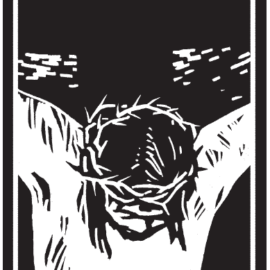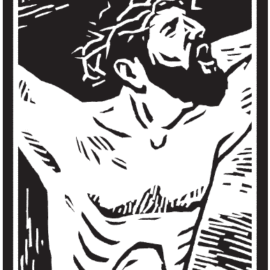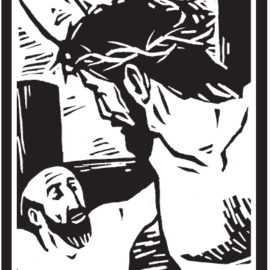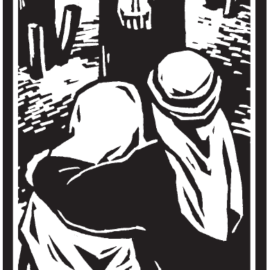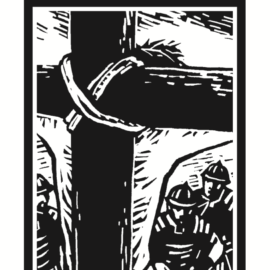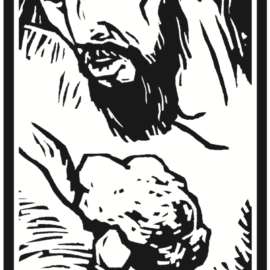Of all the seven last words, the words, “It is finished” sound more like words of self-reflection than any others. They are not like the interactive words spoken to Mary and John; neither are they like the reconciling words spoken to the repentant thief; nor, it seems, are they like the words of anguish and committal addressed to the Father. Instead, these words seem to be those of a man who, at the point of dying, looks back at his living to see it as a unified whole. He has come to do the will of the One who sent him. Here are some thoughts and questions for your consideration this week:
Can you look back on your life and see a pattern? Can you see how God’s will has been at work in it?

